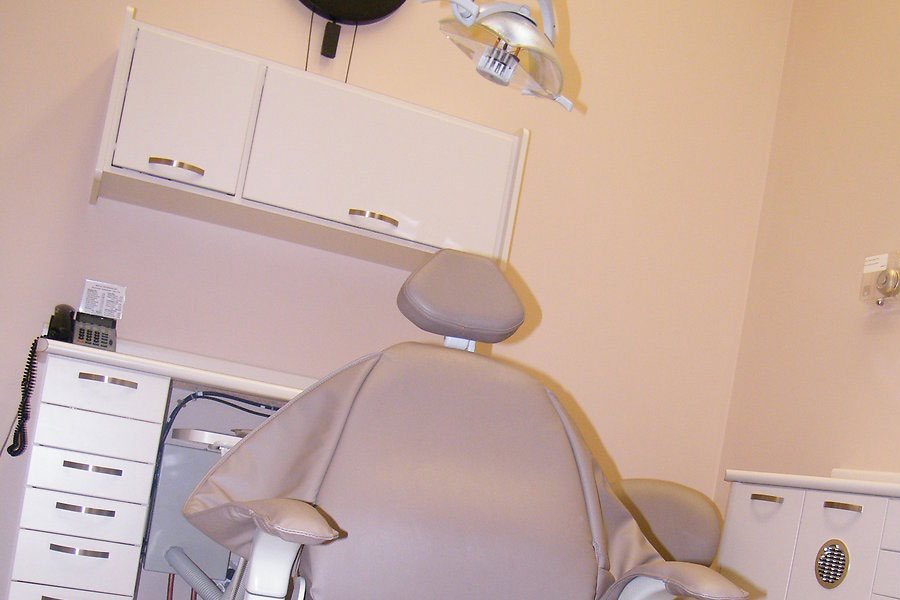People care a lot about how their teeth look. You’ve seen this firsthand if you saw someone hide their smile, just so no one would see their teeth. As striking as this may be, it’s not the only instance when the health of someone’s teeth had deep impact.
What happens because of poor dental health?
As anyone who has graduated from a dental assistant training school knows that poor dental health can lead to gum disease and cavities. Poor dental health may also cause bad breath, and stained or brittle teeth. Most importantly, bad teeth and gums have been linked to heart disease and diabetes.
Regarding cavities, the Centers for Disease Control and Prevention shares that about 80% of Americans develop at least one cavity by the time they reach 34 years of age.1 Dental assistant training can give you the tools to help people who are dealing with deteriorating teeth and gums.
What Does A Dental Assistant Do?
Before you can begin helping others with their oral health you need to finish dental assistant training. If you’ve been wondering, “how long does it take to get a dental assistant certificate”, you’ll be happy to know that you can earn a diploma from Dorsey Schools in just one year.
School for dental assistant students covers a variety of topics, including how to clean and prepare dental equipment. During dental assistant training, students can also learn how to monitor supplies, communicate with patients, and complete insurance documents.
Dental Assistant training in Michigan – School Experience
These five steps can lead to your dental assistant training program success. Read through each step, giving yourself time to digest the information. Focus on steps that you need to get stronger in most.
Enroll in a Michigan dental assistant school that covers material that prepares you to challenge at least two parts of a national certification exam.
According to the Dental Assisting National Board, training program course materials can “serve as helpful study materials.” 2
Volunteer to try out hands-on applications that are newly introduced in school. For example, take the initiative to operate radiography and dental cleaning equipment.
Approach administrative components of your chosen dental assistant school in Michigan with a fresh mindset.
In other words, if you previously worked as an administrative assistant, avoid assuming that you know everything involved in performing administrative work as a dental assistant.
Take dental assistant training externships seriously. Ask healthcare leaders who you work with during an externship questions.
Also, ask dental assistants you meet during externships what the job is like.
Read assignments that instructors in Michigan dental assistant training programs give you. As another tip, research related material.
For example, you could read up on reference material noted in class textbooks.
By keeping your goal to get the skills that help others, you can stay motivated. You could also potentially work alongside a licensed dentist to provide dental care to children and adults.
In addition, the knowledge that you can gain during a dental assistant training program can help you to take better care of your own teeth.
Dorsey Schools’ Dental Assistant program
Instructors at our Dorsey Schools Dental Assistant training program are ready to connect with you and answer your questions about how our dental assistant training could help you to gain the education and skills needed to support licensed dentists. Campuses where our dental assistant classes are held, are Dearborn and Roseville, Michigan (both are branch campuses of Madison Heights). Both campuses are centrally located, near major roadways, shopping or public transportation.
Our program is designed with hands-on training and an externship. During the externship, you’ll get exposure in an actual occupational setting. Additionally, the radiography component of the training adheres to the Michigan Dental Association radiography training program.
You will have the opportunity to learn from experienced instructors at one of our campuses. Areas that the training covers include dental anatomy, physiology, terminology, dental materials, and laboratory procedures.3 Contact us today to speak with one of our experienced admissions representatives.
Let us support your dental assistant training goals. Call us at 1-888-422-1188 to learn how our experienced team can help provide you with important dental assistant training, knowledge and skills.
Resources:
- 1 https://www.cdc.gov/oralhealth/basics/index.html
- 2 http://www.danb.org/Become-Certified/Prepare-for-DANB-Exams.aspx
- 3https://www.dorsey.edu/dental-assistant/
Reviewed and edited 12/6/17

